Sleep problems in children.
At The Better Sleep Clinic, we treat adults with a variety of different sleep disorders. And while we don’t treat children, we know that the sleep patterns of family members do influence our sleep.
The sleep patterns of babies and young children can be a real challenge to new parents.
What is sleep regression?
If you are a new parent, you may have heard the term “sleep regression” used to describe a sudden change in your baby’s sleeping pattern. Although sleep regression is not a scientifically recognised term, it is a common term used to describe a situation where your baby or toddler, who previously slept soundly throughout the night, suddenly starts experiencing sleep disturbances.
This can happen when your child becomes more social and curious about their surroundings, making it difficult for them to settle down at bedtime. For instance, your little one may resist sleep and cry every time you try to put them in their cot. This can be challenging for parents who are struggling to settle their 8-month-old, who was previously happy to sleep through the night, but now cries when they leave the room.
As a parent, you know that your baby grows and develops at an incredible pace, especially during their first year. While some developmental changes can positively impact your child’s sleep, others can make it more challenging. The bright side is that not every baby goes through sleep regression with every milestone, but it’s important to celebrate the new skills as signs of growth and development. Still, this might be a tough time for your little ones as they navigate their ever-changing abilities.
Just like any new skill, it can be difficult and unsettling to master at first. Fortunately, with your support and lots of practice, your baby can learn to master their new abilities.
When does sleep regression occur?
Sleep regression can happen at any developmental stage, with the most common times being at 4, 8, 12, and 18 months when specific changes could impact sleep.
What are the common signs of sleep regression?
Common signs of sleep regression in children may include sudden changes in sleep patterns, such as difficulty falling asleep at bedtime, frequent night awakenings, shorter naps, or overall restless sleep. Toddlers or infants who previously slept through the night may start waking up more frequently, seemingly without reason. They may become fussier during bedtime routines or resist going to sleep altogether.
Additionally, some children may exhibit increased clinginess or separation anxiety during sleep times. These signs often coincide with developmental milestones or changes in routine, indicating a temporary disruption in their sleep patterns. Understanding these signs can help you recognise when your child may be experiencing sleep regression and take appropriate steps to address it.
How long does sleep regression last?
The duration of sleep regression can vary depending on your child and the underlying causes. In general, sleep regression episodes may last anywhere from a few days to a few weeks. Some children may experience shorter regressions that resolve relatively quickly, while others may endure longer periods of disrupted sleep. The duration may also be influenced by factors such as your child’s age, developmental stage and any medical concerns and whether you’re able to implement strategies at this time to address the regression.
While sleep regression can be challenging for both you and your little one, it is usually temporary, and most children eventually return to their previous sleep patterns once the underlying issues are resolved or as they adjust to developmental changes. It may be the time to ask for some extra help from family or friends.
Even though this is a challenging time, try to see this new stage of development as a positive step in your child’s life. Remember, with patience and persistence, you can get through this temporary setback and help your child get back to sleeping soundly.
Where can I find help ?
If your child is struggling with their sleep, then you may need the help of a child sleep expert. Mill Pond is an excellent child sleep service offering support for children from birth to 18 years old. Their team come from a nursing, midwifery and health visitor background, and have many years of experience helping children sleep.
For more information, visit their website at https://millpondsleepclinic.com or click the button below.


